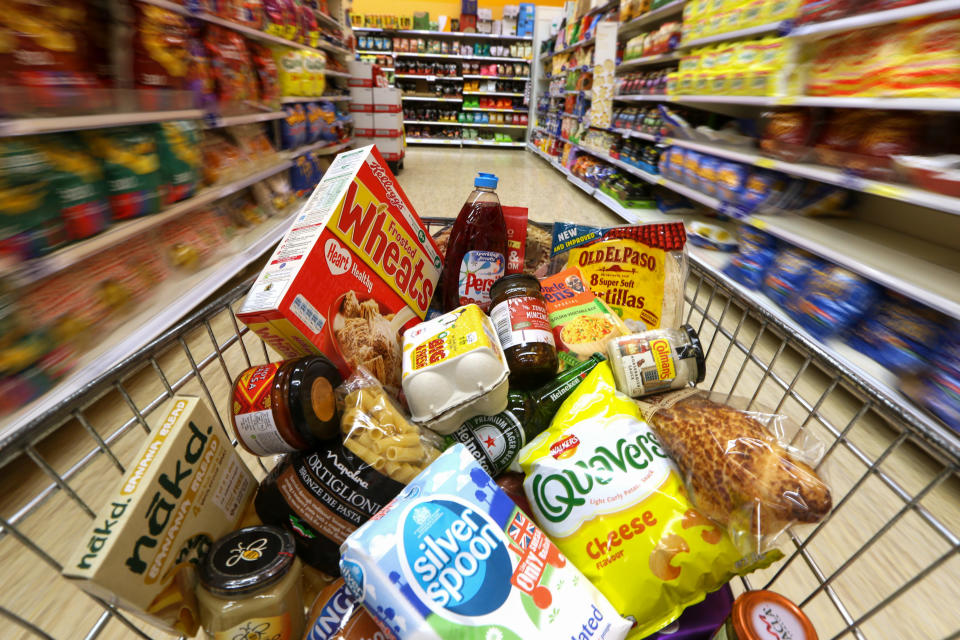Prices 'likely to rise' even if UK cuts EU tariffs after Brexit, warns thinktank

Any benefits gained by the UK axing tariffs after Brexit are likely to be wiped out by other barriers to trade, a thinktank has warned.
The Institute of Fiscal Studies says that while prices may dip by a marginal 1.2%, any gains would be “rather limited” and consumers should expect to actually see prices increase.
It says shoppers have already seen prices rise in real terms by 2% as sterling has fallen in value against other major currencies following the June 2016 Brexit referendum.
MORE: Scots take hard line on Brexit fishing rights
While Brexiters have mooted the possibility of cutting tariffs when the UK goes it alone, the IFS warns that: “Crucially, any benefits that might accrue to consumers from running an independent tariff policy also need to be set against the inevitable costs to UK trade that would result from
leaving the Customs Union.
“Firms will likely be affected by customs delays and storage costs that would result from the erection of customs barriers on trade with the EU.
“New regulatory differences between the EU and the UK are also likely to create various nontariff
barriers to trade.
“Such changes would, other things equal, be expected to increase costs for consumers and work to offset the (already rather limited) gains from tariff reductions.”

The IFS estimates that even under some “quite optimistic assumptions”, prices on the whole would fall by between 0.7% and 1.2%, if all tariffs were abolished by the UK government.
MORE: The UK and EU agree a Brexit transition deal after May backs down on Irish border
“This could have additional positive economic benefits in the long run but could also be very damaging for some UK industries in the short run,” it says.
Tariffs are in effect taxes on imports and are used by nation’s to protect various domestic industries, such as manufacturing and agriculture.
Removing them could make foreign imports cheaper – but could also undercut domestic businesses.
The IFS says that of every £100 spent by UK households, only £26 is affected, directly or indirectly, by the import prices of goods on which tariffs are charged.
MORE: Brexit bills: The goods with the biggest price hikes since the EU referendum
It suggests Britain could use selective tariffs to gain greater access to particular markets. For example, the UK could reduce tariffs on oranges only if other countries open up their markets to UK exports in some respect.
If tariffs were only removed from goods which the UK does not produce itself – in order to protect such businesses – the fall in prices would be 0.4% at most.
“Calculations using our import and tariff data also imply that 39% of goods imports are products that would enter tariff free even if imported from outside the EU,” it says.

 Yahoo News
Yahoo News 
